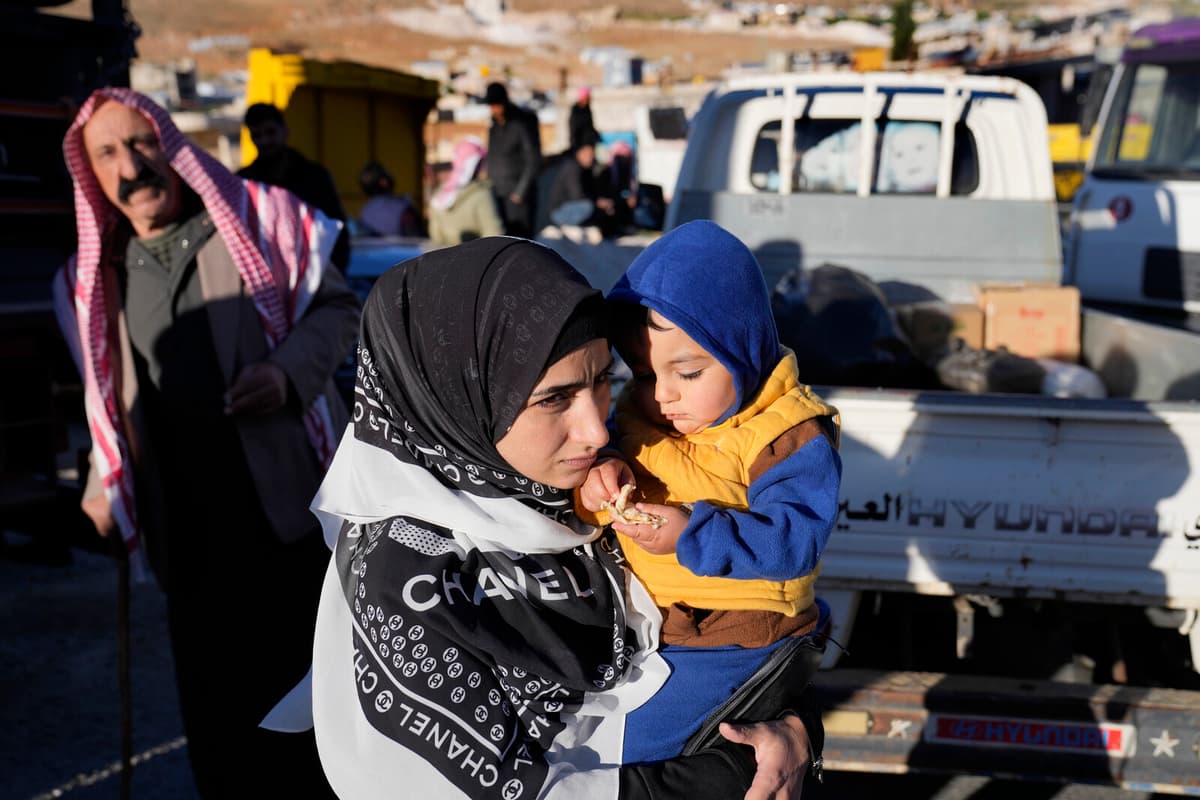The downfall of the Syrian dictator Bashar al-Assad affects groups that may have previously been spared from the war, notes Aron Lund.
It will be some form of new government, new regime, but it can also lead to continued fighting and unrest. Above all, I think it can have major economic effects on a country that is already suffering economically and humanitarianly, says Lund, who is an analyst at the Total Defence Research Institute (FOI).
It can probably lead to a high likelihood of more people trying to flee Syria.
Not like 2015
He does not necessarily see a refugee crisis like 2015 ahead. At that time, it had a lot to do with how Turkey acted and opened its borders, he says.
Even if some people will be able to return, and it's mainly about people from neighboring countries who can return and will be forced to return, but not so many from Europe perhaps – it will also drive new refugee groups to leave Syria, says Aron Lund.
It is the jihadist group Hayat Tahrir al-Sham (HTS) that has taken over Syria, and Lund also sees a risk that other terrorist-stamped movements that are hostile to Europe and Sweden will gain more space.
It's a problem.
It can also lead to major political complications around this that can affect Sweden's interests. Russia is involved in various ways, and that is relevant for our security as well.
Syrians in Sweden
Aron Lund points out that one in every 50 people in Sweden is from Syria.
It's not a huge group, but it's still very many in Sweden for whom this is extremely important. It's about their lives and homeland, and how their families and relatives will manage.
In that sense, it's a question that has very direct relevance to Sweden.






